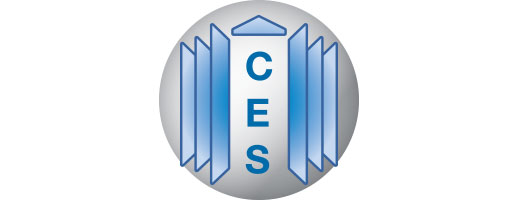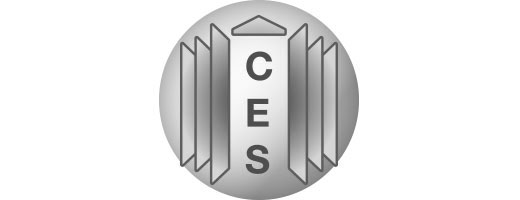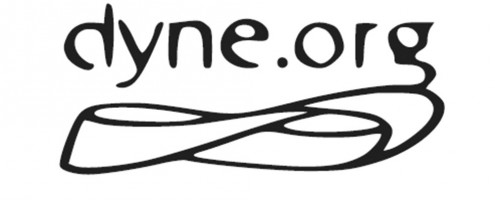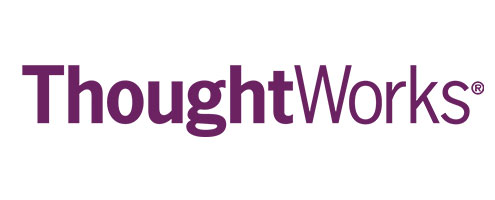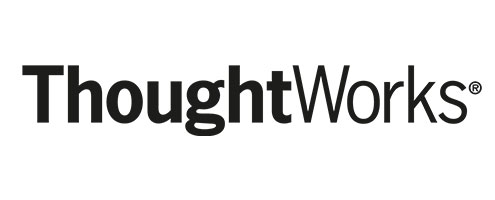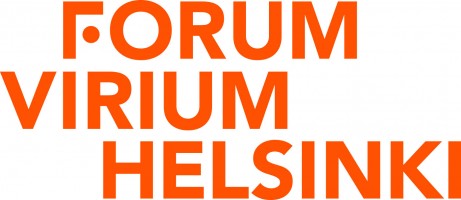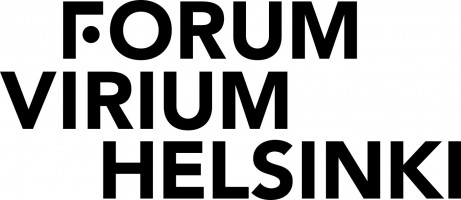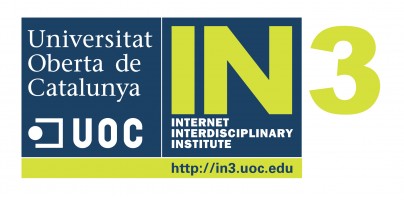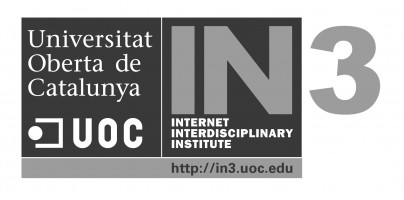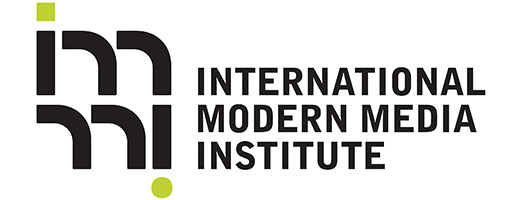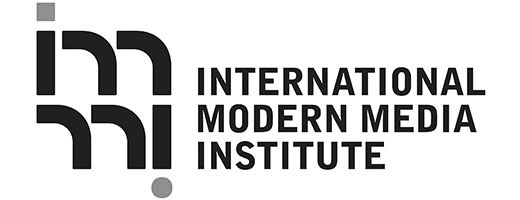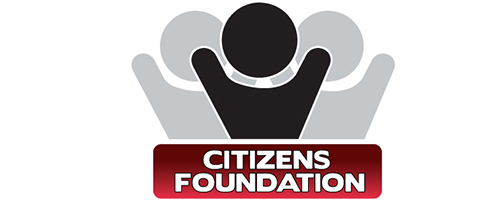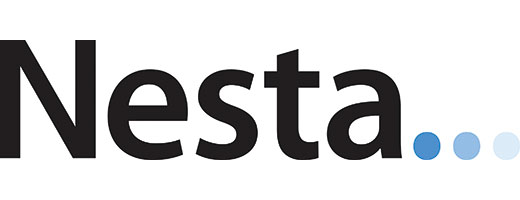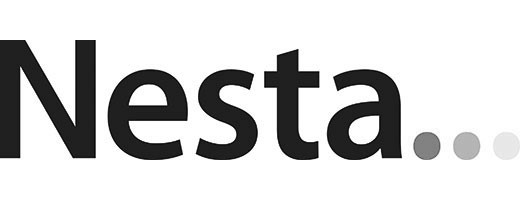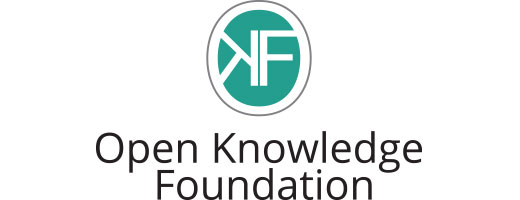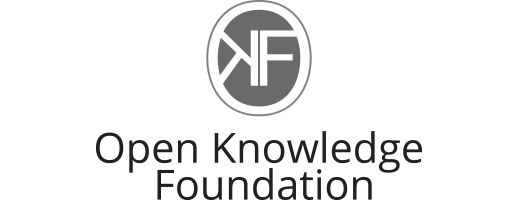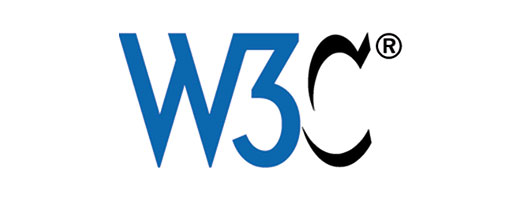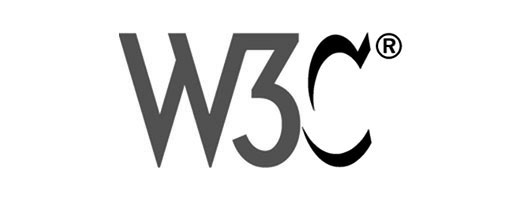A new European-wide project launches which will build decentralized and privacy-aware tools for democratic participation to empower European citizens.
The initiative, D-CENT (Decentralised Citizens ENgagement Technologies), backed by the European Commission, will see the development of new open source, decentralized and privacy-aware digital tools and applications for direct democratic and economic empowerment. Together with citizens, social movements, and developers, D-CENT is creating a distributed social networking platform for large-scale collaboration to solve social problems and allow full citizen participation in the democratic process. The project will study possible implementations of liquid democracy: collective deliberation, decision-making, and the pros and cons of proxy voting.
The project will also explore how to link democratic decision-making to economic empowerment, experimenting how communities might manage common goods and facilitate online exchanges with Bitcoin-style crypto currencies for the common good.
Through engagement with well-established citizen movements, such as M15 in Spain, Open Ministry in Finland and Citizen Foundation in Iceland, the tools will be tested in large-scale pilots in Finland, Iceland and Spain later this year.
Francesca Bria, coordinator of D-CENT at Nesta, said: “D-CENT will valorize the collective knowledge of citizens, allowing them to re-imagine and re-design new democratic institutions. After Snowden’s revelations, digital rights are perceived as key issue that D-CENT is going to address, ensuring that people are in full control of their data, maintaining privacy and trust in technology they use. With D-CENT we want to support new citizen movements and build technologies designed for the common good.”
D-CENT will use free, open source software and open data, and the code will be released under an open source license. This allows reusability across Europe, and software developers to use the code and write API-based applications on top of it.
D-CENT will work with existing open knowledge initiatives that have similar aims to redecentralised digital infrastructures for citizens empowerment. The project is a part of a larger set of so-called CAPS initiatives (CAPS = Collective Awareness Platforms for Social innovation) in which collective online platforms are being developed. These initiatives aim to help people to improve their lives and collectively achieve better well-being, exploiting the power of the Internet.
To find out more about D-CENT and to get involved in the project visit: dcentproject.eu
-ends-
For any media inquiries on the D-CENT project contact:
Kaisa Eskola, Forum Virium Helsinki
kaisa.eskola@forumvirium.fi
Notes to editors:
D-CENT is a new initiative backed by the European Commission. It will create new digital tools and apps for greater community engagement in democracy. It brings together world-class technological designers and academics, including World Wide Web Consortium’s Tim Berners Lee (the inventor of the Web), Neo’s CTO Evan Henshaw-Plath (one of the lead engineers of Twitter) and social scientists Manuel Castells and Geoff Mulgan. The project will also involve three major citizens movements in Europe including the M15 in Spain, the International Modern Media Institute in Iceland and Open Ministry in Finland.
The project partners are Nesta, Centre d’economie de la Sorbonne (CNRS), Dyne.org Foundation, Forum Virium Helsinki, International Modern Media Institute, NEO Europe, Open Knowledge Foundation, Open University of Catalunya and Barcelona Media, and World Wide Web Consortium.
D-CENT project has received funding from the European Union’s Seventh Framework Programme for research, technological development and demonstration under grant agreement no 610349. The project started in October 2013 and goes on until 2016.
Website: dcentproject.eu
Blog: dcentproject.eu/blog
Twitter: @dcentproject
Videos: vimeo/dcentproject
Factsheet: http://185.26.51.181//wp-content/uploads/2014/03/Factsheeet_ENG.pdf

